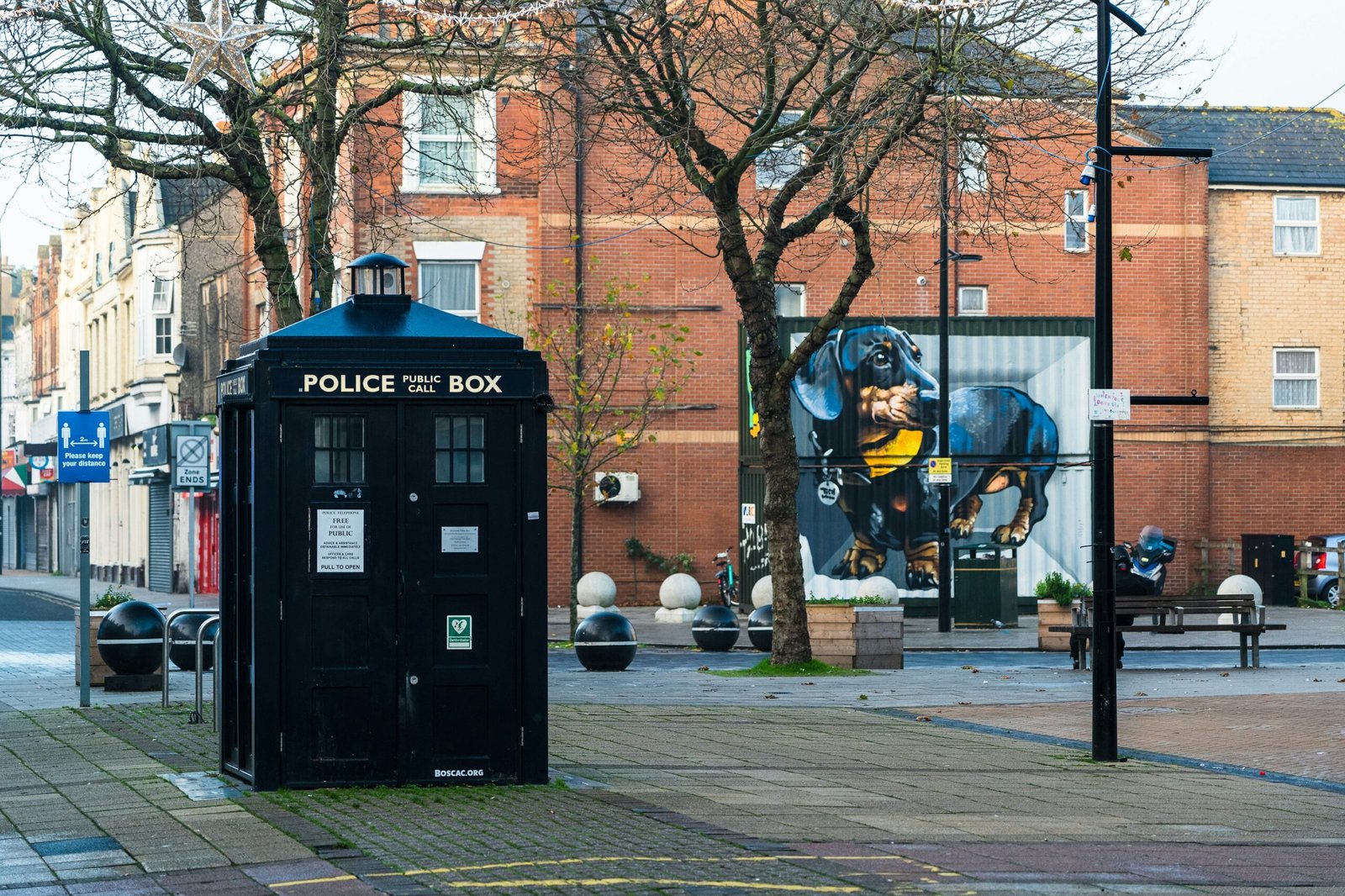2005: Return of Doctor Who
After a 16-year hiatus, the beloved British sci-fi series Doctor Who made its triumphant return to television screens on March 26, 2005. This highly anticipated revival, led by showrunner Russell T Davies, marked a significant moment in television history. It reintroduced a new generation of viewers to the time-traveling adventures of the Doctor, an alien Time Lord.
The original Doctor Who series, which first aired in 1963, had captivated audiences for over 26 years before it was put on hold in 1989. Fans were left longing for more of the Doctor’s escapades through time and space. And so, when news broke of the show’s return, excitement reached fever pitch.
The Revival
Russell T Davies, known for his work on shows like Queer as Folk and The Second Coming, was chosen as the showrunner for the revival. His fresh and innovative approach to storytelling breathed new life into the series, while still paying homage to its rich history.
The revival of Doctor Who introduced a whole new generation of viewers to the iconic character and his companions. Christopher Eccleston was cast as the Ninth Doctor, bringing a darker and more complex portrayal to the role. Alongside him was Billie Piper as Rose Tyler, the Doctor’s loyal and adventurous companion.
The rebooted series embraced modern production techniques and visual effects, elevating the show to new heights. The TARDIS, the Doctor’s iconic time-traveling spaceship, was given a sleek and updated design, while the alien creatures and worlds the Doctor encountered became more vivid and immersive than ever before.
The Impact
The return of Doctor Who in 2005 was met with overwhelming enthusiasm from both critics and fans. The show quickly garnered critical acclaim, with praise for its imaginative storytelling, compelling characters, and the chemistry between Eccleston and Piper.
Doctor Who also played a significant role in shaping the landscape of modern television. It proved that a sci-fi series could be both intelligent and accessible, appealing to a wide range of viewers. The show’s success paved the way for other genre shows to find mainstream popularity.
Furthermore, Doctor Who became a cultural phenomenon, with its dedicated fanbase growing exponentially. The show’s popularity extended beyond the borders of the United Kingdom, attracting a global audience who eagerly tuned in to watch the Doctor’s adventures unfold.
Over the years, Doctor Who has continued to evolve, with new Doctors and companions taking the helm. Each iteration brings a fresh perspective and breathes new life into the series, ensuring its longevity and continued relevance.
External References:
For more information about the return of Doctor Who in 2005, you can visit the following external references:
These references provide a wealth of historical information, behind-the-scenes details, and further insights into the impact of the show’s revival in 2005.
In conclusion, the return of Doctor Who in 2005 marked a significant milestone in television history. The revival, led by Russell T Davies, reintroduced the beloved sci-fi series to a new generation of viewers. With its imaginative storytelling, iconic characters, and global popularity, Doctor Who continues to captivate audiences and remains a cultural phenomenon to this day.

